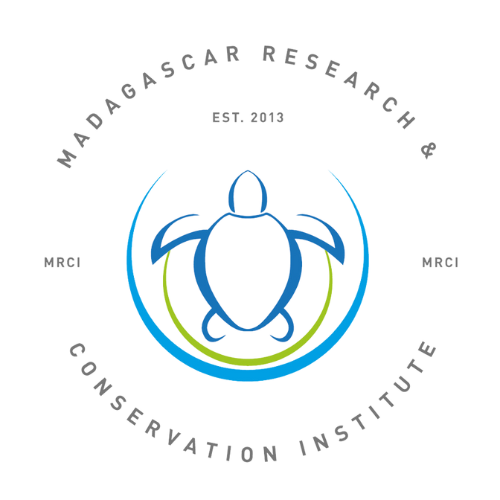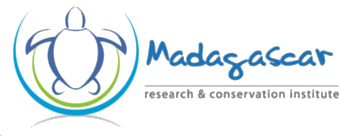About Us
About MRCI
MRCI is dedicated to environmental conservation and community development in Madagascar. Since 2013, we have been bringing together diverse volunteers to make a positive impact through research, conservation, and community initiatives.
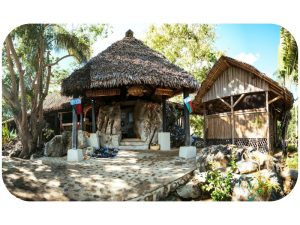
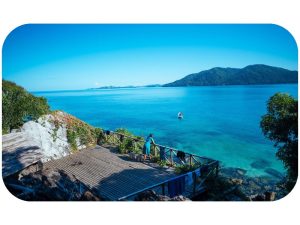
What Makes Us Different

Sustainable Research & Conservation
We actively engage in and contribute to sustainable research and conservation projects, with a deep commitment to safeguarding our planet's natural heritage.

Fostering Positive Impact
We provide a safe platform for volunteers from diverse backgrounds to unite in the pursuit of positive change for local communities and the environment.

Community Well-being Focus
We work closely with local communities to enhance their health and educational circumstances, ensuring they have access to essential resources and support.

Partnering for Progress
We collaborate with local NGOs and other conservation-focused organizations to help them achieve their goals and further their missions.
Years of
Foundation
passionate partners
incredible
volunteers
successful volunteer programs
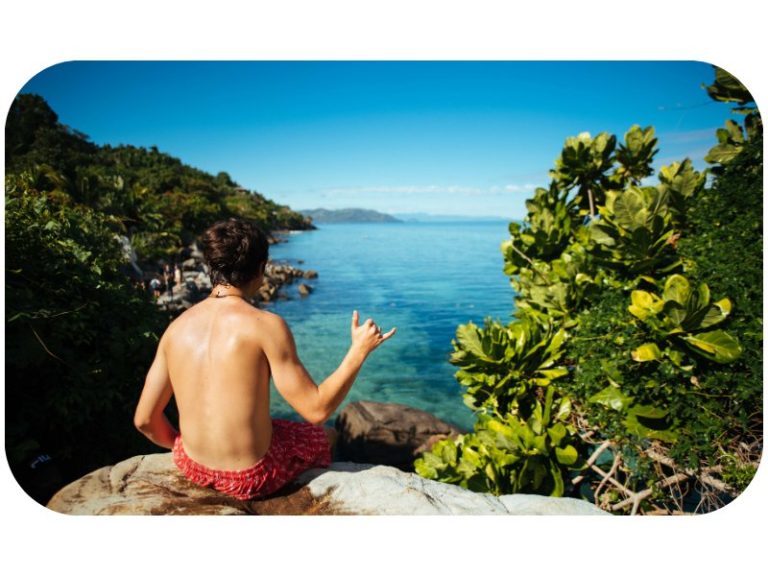
Apply Today
Ready to embark on your volunteer journey? Join us at MRCI, where together, we can discover, conserve, and transform Madagascar for the better.
Contact us today to learn more and take your first step toward making a lasting impact.
The Answers to All Your Questions
If you have further questions, please email us at volunteer@madagascarvolunteer.com
Accommodation
Volunteers are housed in communal eco-bungalows, locally built, and equipped with beds and solar-powered lighting. Each cabin accommodates 3 to 4 volunteers. Volunteers are required to bring their own bedding and mosquito net. Room service is not available.
Meals
Our onsite local cooks prepare three daily meals using fresh, locally grown ingredients in the traditional Malagasy style of cooking. All meals include rice and are usually accompanied with beans and a protein. Additional snacks and drinks can be purchased at the camp canteen.
Currency
The official currency in Madagascar is the Malagasy Ariary (MGA). There are ATMs in Hellville where volunteers can withdraw local currency. There is a bureau of exchange at the airport where U.S Dollars and Euros can be exchanged.
Passport & Visa
All visitors require visas, which can be obtained on arrival at the airport. A 14-day visa costs $11, a 30-day visa costs $37 and a 60-day visa costs $45. Visa extensions are available in-country for $75. Ensure your passport is valid for at least six months after your return date and has two blank pages available.
What to bring
Madagascar has a tropical warm climate so pack light. Casual clothing, sandals, walking shoes, sunblock, insect repellent, bath and beach towels, pillow and sheet, mosquito net, personal items, and diving equipment for marine program volunteers. Don't forget any required wetsuits, masks, fins, snorkels, underwater slate, diving torch, and waterproof or dive computer.
Health & Safety
While malaria is uncommon, we recommend necessary precautions. Drink bottled water in town, carry a personal first aid kit, and obtain travel insurance, including diving coverage.
Connectivity & Electricity
WiFi and internet access are available at some local restaurants and internet cafes in Hellville. Local cellular SIM cards can be easily purchased, providing ample reception throughout Nosy Be and Nosy Komba, including our camp.
Limited charging facilities are available on camp, so please minimize electronic equipment usage and consider bringing solar battery packs for personal devices.
Language
Malagasy is the official language, with French widely used in business and government. English is also widely spoken and is the official language at our camp.
Our Partners
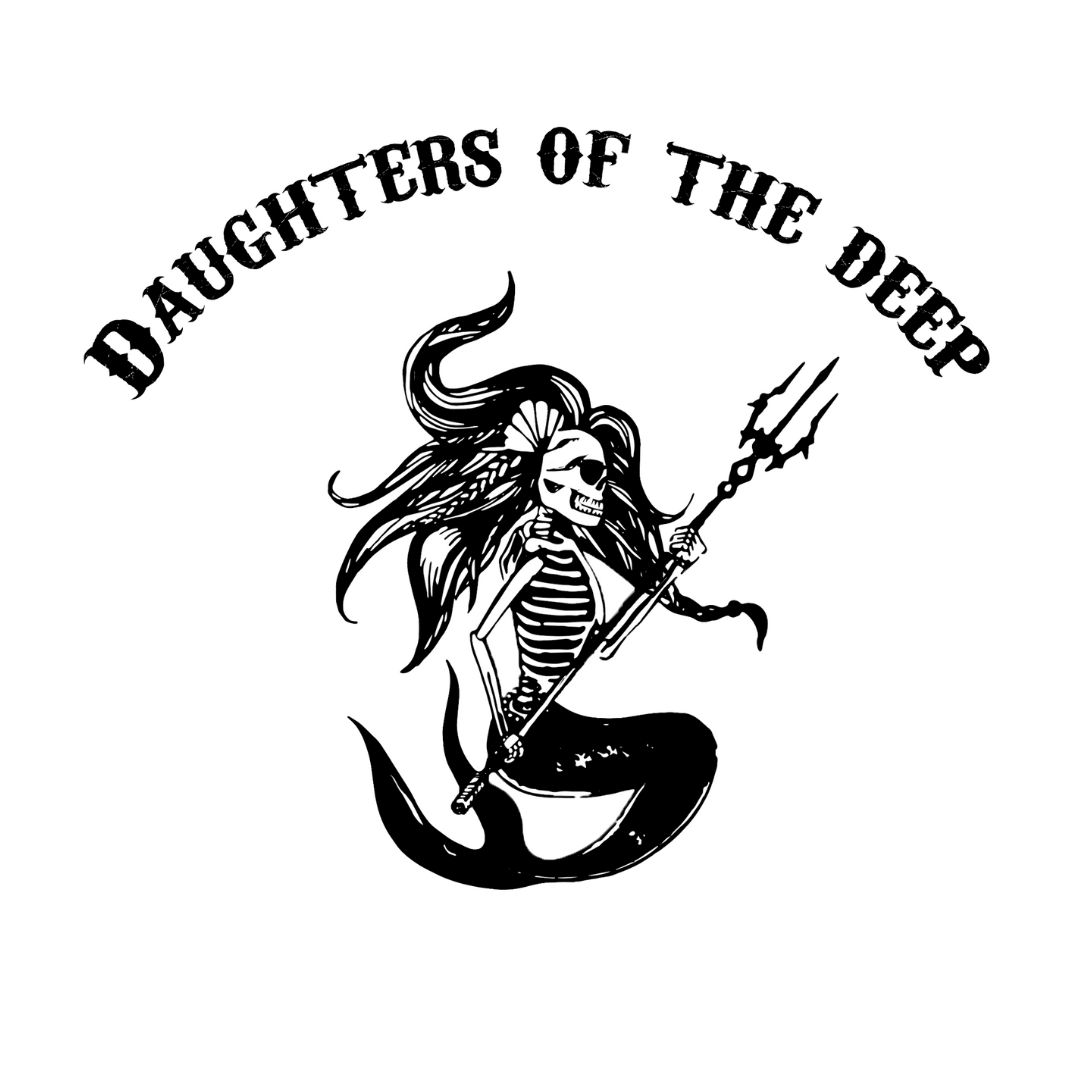
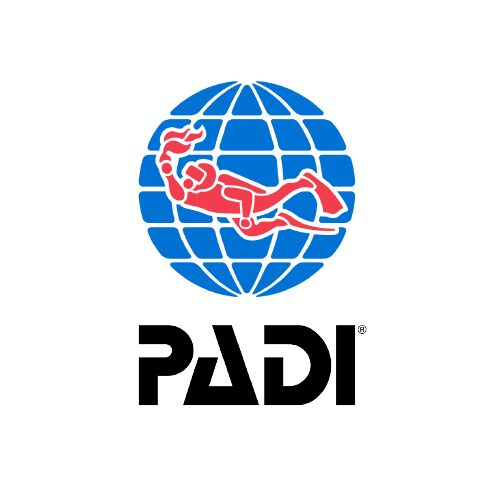
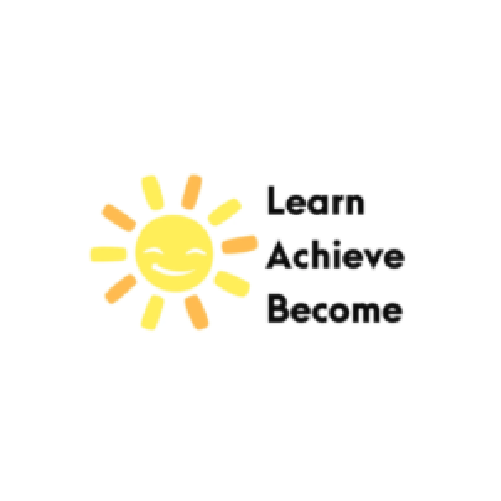
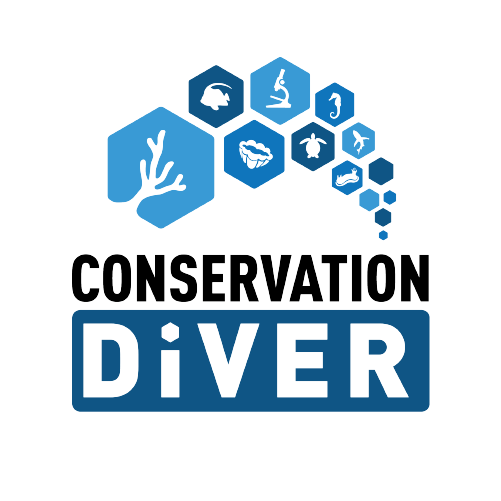
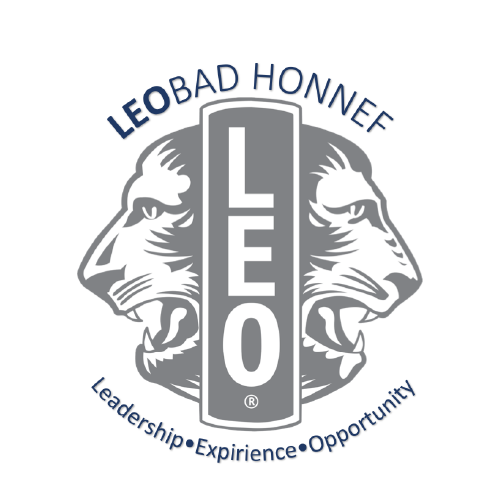
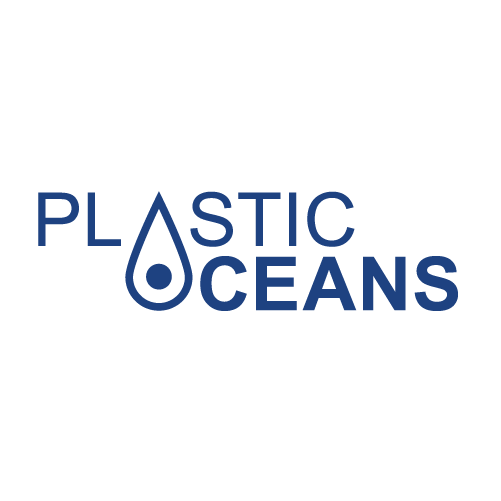
Recent Accomplishments
Volunteers and their funds have contributed to the following accomplishments. All volunteer fees are allocated to staff, insurance, camp maintenance, meals, accommodation, fuel, community development, and boat and diving equipment maintenance.
Construction
- Completion of the construction of a school in the village of Ampohana (November 2023).
- We recently renovated a daycare centre for intellectually disabled children on Nosy Be (March 2023).
- In partnership with Tim Kohlbecher and the Leo Club Charity, we constructed a freshwater well in the village of Ampohana (2019).
- We completed the Ampohana Clinic construction project in November 2018, with a grand opening ceremony attended by government officials which was broadcast nationally.
- Built toilets in Ampadinombe in exchange for 20,000 square meters of forest rehabilitation (August 2017).
Marine
- Our marine conservation team and volunteers have designed, built and implemented a new structure that is now fully populated with over 200 fragments of 4 different genus (2023).
- We’ve created artificial reefs, such as “The Parking Lot,” using cars submerged to form these unique underwater ecosystems.
- Another artificial reef, known as “Mad-hatter,” was installed in January 2017.
- Our beach cleanup efforts, conducted during spring tides, encourage all divers to contribute to a cleaner marine environment.
- We’ve established no-fishing zones to protect the house reef in front of Turtle Cove and neighbouring beaches (November 2016).
- Our projects include setting up artificial reef structures (2014) and collaborating with CNRO (Centre Nationale Research Oceanographic) on a biodiversity survey to oppose oil drilling in North Madagascar (2014).
Forest
- We initiated the Bamboo Straw Initiative to produce and distribute bamboo straws as an eco-friendly alternative to single-use plastic straws.
- An agreement was reached with the village of Ampasinomby to establish a groundbreaking agroforest on Nosy Komba (August 2017).
- Our forest program began Lepidoptera surveys in June 2017.
- We hosted an international researcher studying parasitic wasps, leading to the discovery of new species (June 2015).
- Over the past five years, we’ve discovered 20 species of birds, reptiles, and amphibians not formally known to exist on the island.
Teaching
- We successfully rebuilt the Maradouko school, devastated by Cyclone Enawo, with a celebratory reopening attended by community leaders and officials (March-May 2018).
- Our English teaching program continues to thrive, with new students joining the beginner’s class in Ampang regularly.
- We raised funds to provide schools on Nosy Komba and Nosy Be with sports equipment (January 2017).
- We organized a football tournament with local village teams and a volunteer camp team (January 2017).
Future Goals
We have ambitious plans for the future, including expanding reef surveys, assessing the population of potentially damaging species in the Marine Protected Area, and publishing scientific papers on our achievements. Our goals also include enhancing community awareness of plastic reduction, completing construction projects, and further supporting reforestation efforts.
Inquiry Form
Complete our inquiry form to find out more.
Your email address will not be published. Required fields are marked *
Comments or questions are welcome.
